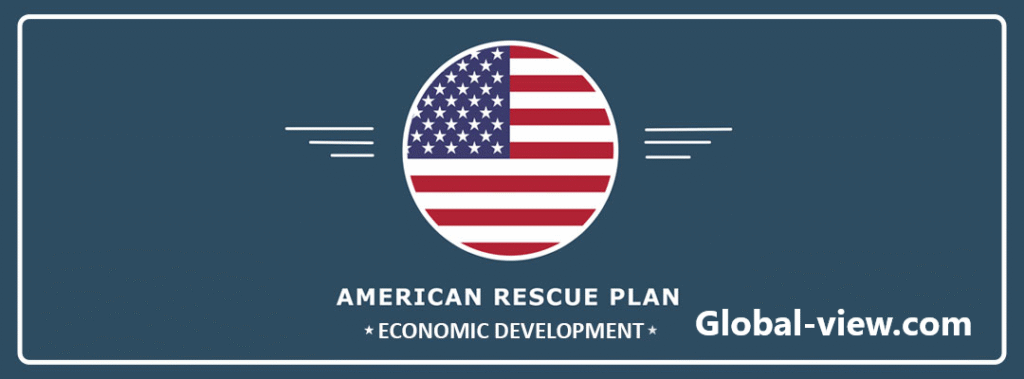Who is there to rescue the U.S. economy in a downturn?

What Happens if the U.S. Economy Goes Into a Recession?
As recent economic data from the U.S., like Non-Farm Payrolls and ISM Services PMI, continues to beat expectations, investors and consumers alike are left wondering: when will the slowdown show up?
Despite strong headline numbers, warning signs are flashing beneath the surface. Sticky inflation, tariff-driven price hikes, falling consumer sentiment, and an uncertain Federal Reserve all paint a more fragile picture of the economy than official statistics might suggest. The consensus U.S. economy forecast has raised the risk but is not yet calling for a recession.
Not discussed in this article but worth a futrure discussion is the impact of the U.S. economy on global markets and how a recession affects currency markets.
Inflation 2025 Is Everywhere — Except Falling
While politicians talk about falling prices — such as President Trump’s claim that egg prices are dropping — the reality on the ground feels very different. At Whole Foods, shelves were empty of store-brand eggs, and the only available options were pasture-raised eggs for $14 a dozen. At Trader Joe’s, prices jumped from $4.49 to $5.49 in just a week.
Though anecdotal, these stories highlight what many Americans feel: inflation remains persistent and painful.

Impact of Tariffs on the Economy: The Invisible Tax on Consumers
The latest round of tariffs doesn’t just disrupt global supply chains — it acts as a de facto tax hike. When import costs rise and businesses pass those increases onto consumers, tariffs effectively reduce household purchasing power while boosting government revenue.
This transfer of money from the private sector to the public sector is not only inflationary, but also contractionary. It may take time for this reality to show up in data, but it’s likely just a matter of time.
Where is the Economic Stimulus?
With economic cracks forming, many are asking: where will the stimulus come from if the U.S. economy turns down?
Not from the Fed
The Federal Reserve faces a policy trap. Inflation is still too high, and growth is too uncertain to justify aggressive rate cuts. While some still forecast cuts later this year, the Fed’s hands are tied—and it’s unlikely to act as swiftly or forcefully as in past downturns, compl;icating the Fed policy outlook.
Not from the Tax Bill
Republican leaders are pushing to extend current tax laws, but this would only prevent a future tax hike—not inject new stimulus. Without new provisions to boost spending or reduce taxes further, it’s merely status quo.
Possibly from Energy Prices—But Don’t Count on It
President Trump talks about gasoline prices falling below $2, yet consumers continue to pay over $3 at the pump. While lower energy prices would act as a tailwind for the economy, they may not be enough to counteract the drag from tariffs.
Is it Just Buying Ahead of the Tariffs?
There’s speculation that recent strong data may reflect a rush to buy before tariffs fully kick in, rather than sustained demand. If so, future reports could show sharp declines as inventories swell and spending cools.
Real-World Signals: A Used Car Anecdote
A friend in California shared a telling story. Trying to sell a 12-year-old Prius, he initially received an offer from a dealer of $5,600 vs. $10,000 from online car buying sites. After declining the offer, the same dealer called back repeatedly. After the 4th call, my friend picked up the phone and the dealer made an offer of $10,300. When asked for the reason for being so aggressive, the dealer said, “We’re not selling new cars, so we’re making money in the used car business.”
This shift underscores the ripple effect of uncertainty: when supply chains falter, dealers shift strategy, markets adapt—and consumers bear the cost.
A Fragile Outlook Beneath the Surface
Despite headline data holding firm, the underlying reality of inflation, tariffs, tightening credit, and waning consumer and business sentiment point to a potentially fragile economy and the risk of a 2025 recssion. . If and when a major data point misses to the downside, we may find ourselves asking not just what happens next but who, if anyone, is ready to respond.
What Happens if the U.S. Economy Goes Into a Recession?
Take a FREE Trial of The Amazing Trader – Click HERE


